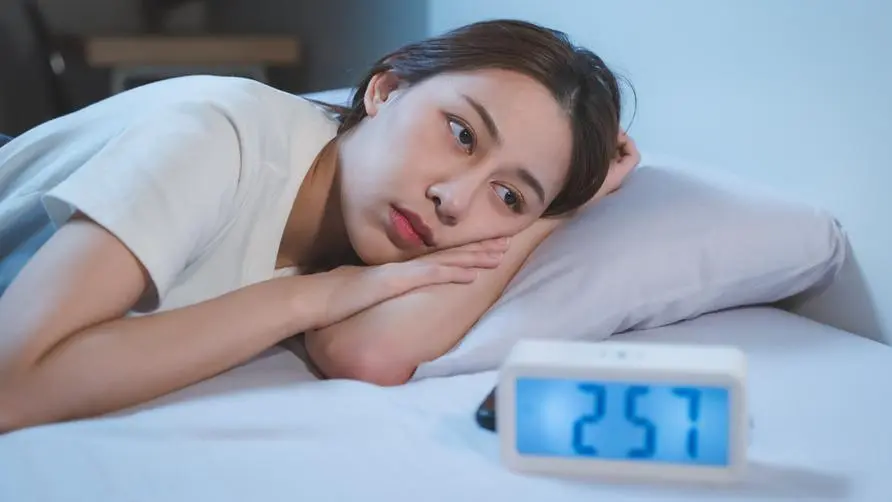What are the causes of twitching eyelids? Could it be a "diagnosed" warning sign? Harvard urges you not to do "these 6 things"

I often find “eyelid twitching” quite frequently. Should I pay attention to it as it may be a sign of the occurrence of various diseases? It may even be a precursor to diagnosis? Research published in “Springer Nature” shows that COVID-19 not only causes severe respiratory symptoms, but may also cause conjunctivitis, dry eye syndrome and other diseases. Among them, “levator muscle weakness” may even cause “eyelid muscle spasm”, leading to severe Eyelid twitching.
Is twitching eyelids related to the diagnosis of COVID-19? Study reveals patients are prone to suffer from “eye levator muscle weakness”
The study collected 15 patients with a past history of COVID-19. They all had long-term eye levator muscle weakness after diagnosis. The team believes that the main cause of blepharospasm after the subjects were infected with the new coronavirus may be severe inflammation of the cranial nerves. Cranial nerves carry messages between various parts of the brain, including the eyes, ears, nose, and more. Inflammation of the nerves affecting the eye, causing eyelid twitching, spasms, and other neuromuscular symptoms.
In addition, studies have also shown that other eye complications caused by COVID-19 include dry eyes, conjunctivitis, itchy eyes, red eyes, sensitivity to light, sore eyes, and blurred vision. About 5-31% of subjects suffer from conjunctivitis, including conjunctival congestion, tearing, follicular conjunctivitis, and eye swelling and pain, while eye diseases ranging from conjunctivitis to corneal lesions occur in up to 60% of severe patients. be found. In addition, the symptoms of eye diseases in the elderly may be more difficult to recover from than other patients.
“Radiology” even pointed out that people with severe COVID-19 pneumonia are more likely to suffer from serious eye diseases. Through MRI scans, the team found that 7% of severely ill patients had one or more nodules on the posterior pole of the eyeball. The nodules often appear on both sides of the eyeball, and all cases are located in the “retinal macula” of the eye. The probability of developing “macular degeneration” in the future cannot be ruled out, and may be higher than that of healthy normal people.
Does fatigue and stress often lead to “blepharospasm”? Harvard reveals “6 behaviors” that may worsen symptoms
If no diagnosis is confirmed after screening and the blepharospasm persists, what are the possible causes? Harvard Health Publishing, a publication directly affiliated with Harvard Medical School, points out that mild eyelid muscle spasms are difficult to cause harm and tend to disappear on their own. But when eyelid twitching occurs, it may be a sign of physical or psychological stress. Behaviors that worsen blepharospasm may be:
Tiredness.
Consuming too much caffeine.
Feeling anxious or irritable
Drinking alcohol.
Smoking.
Excessive light stimulation.
According to Harvard Health Publishing, the frequency of blepharospasm increases when the stress in your life piles up at the same time. For example, when work is about to end, which leads to insomnia. If eyelid twitching persists, stress-relieving activities such as heat compresses, early rest or exercise can usually be used to help, and the behavior of drinking and smoking can be reduced. Wear sunglasses to protect your vision when exposed to bright light.
However, Harvard Health Publishing also cautions that in rare cases, eye twitching may be a sign of diseases such as Parkinson’s disease, Bell’s palsy, or multiple sclerosis. If one or both eyes involuntarily close during each spasm, or if other facial muscles are affected, you should seek medical treatment as soon as possible to avoid symptoms that lead to serious eye diseases.
Source:
Eyelid Myokymia—a Presumed Manifestation of Coronavirus Disease 2019 (COVID-19)
Further reading:





